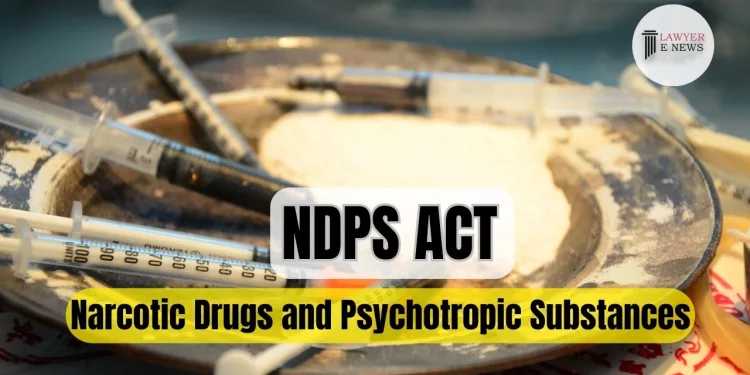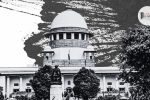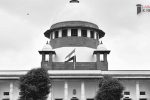Absence of Compliance Under Section 50 of NDPS Act and Article 20(3) of Constitution Vitiate Proceedings: Supreme Court Acquits One, Upholds Conviction of Another in Heroin Trafficking Case

Supreme Court recently underscored the imperative of strict procedural adherence in NDPS Act cases, highlighting the consequences of non-compliance on the outcomes of criminal prosecutions. The apex court addressed these issues while delivering judgment on appeals against the Gujarat High Court’s verdict, which had confirmed the convictions related to heroin possession and transportation.
Facts and Issues:
The origin of the case dates back to an operation by the Narcotics Control Bureau on January 30, 2003, at ST Bus Stand, Kheda, Gujarat. The operation led to the arrest of Anwarkhan (A-1) and the subsequent apprehension of Firdoskhan (A-2). Both were convicted by the trial court, and the High Court upheld these convictions. The apex court was tasked with evaluating the procedural validity and evidence integrity of their convictions.
Detailed Court Assessment:
Section 42 and 50 NDPS Act Compliance:
Section 42: The Court clarified the non-applicability of Section 42 to public place arrests, thereby affecting the defense’s argument about procedural lapses under this section.
Section 50: The Court determined that the rights under Section 50 of the NDPS Act were not violated in Anwarkhan’s case as the contraband was not found on his person but in a bag he was carrying.
Witness Testimony and Evidence Credibility:
The testimony of the panch witnesses and NCB officers was found credible and corroborated by material evidence, establishing the chain of custody and integrity of the seizure from Anwarkhan.
Admissibility of Confessional Statements: The Court critically analyzed the confessional statement of Firdoskhan, rendered inadmissible following the Tofan Singh ruling, which excludes confessions to police officers under Section 67 of the NDPS Act from evidentiary consideration due to constitutional protections against self-incrimination.
Decision of the Court: Anwarkhan’s Appeal: The appeal was dismissed, affirming his conviction based on solid evidence and adherence to legal procedures.
Firdoskhan’s Appeal: The appeal was allowed, and his conviction was overturned due to significant procedural flaws and the inadmissibility of the coerced confession.
Date of Decision: April 30, 2024
Firdoskhan Khurshidkhan v. The State of Gujarat & Anr.






